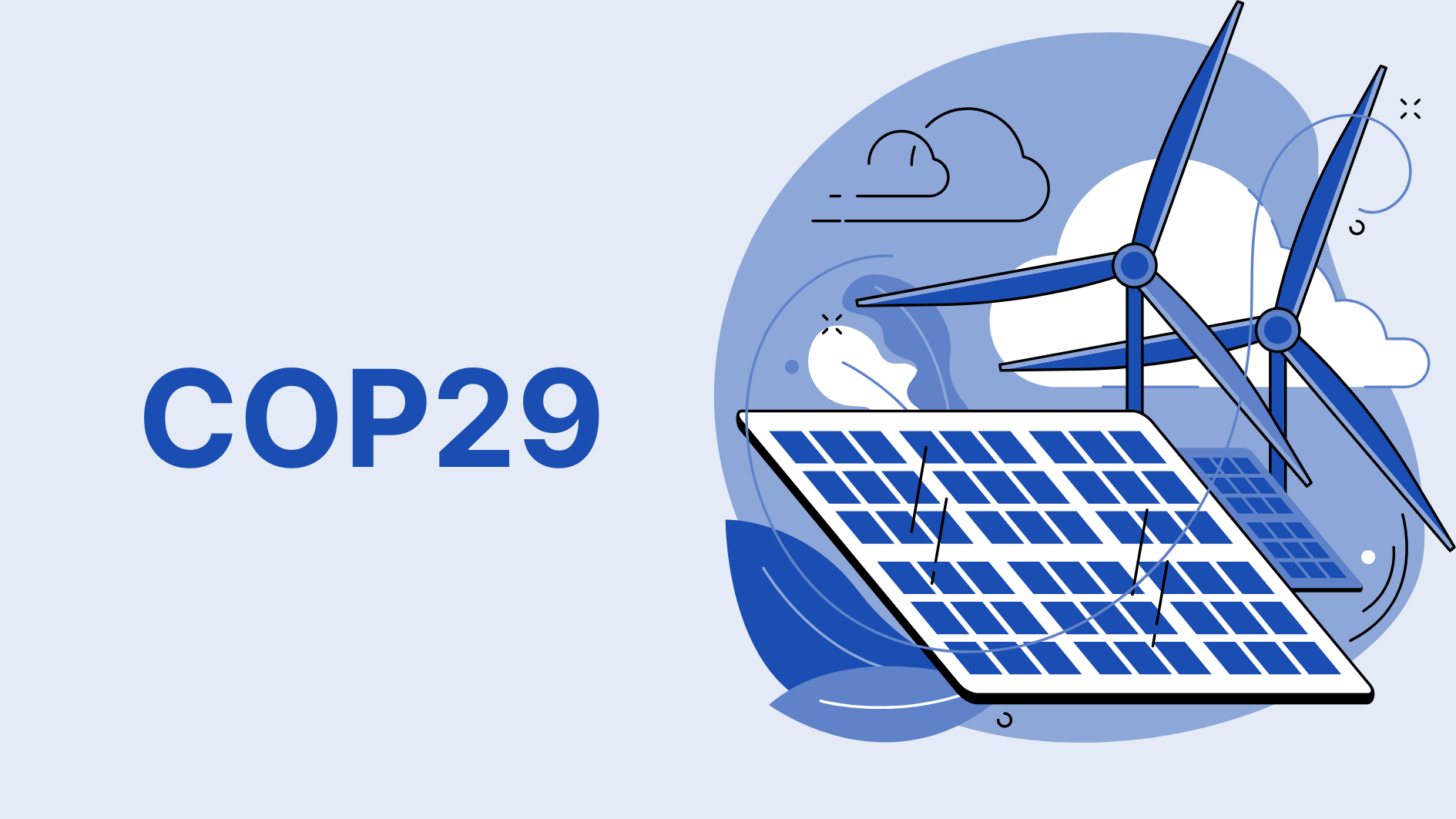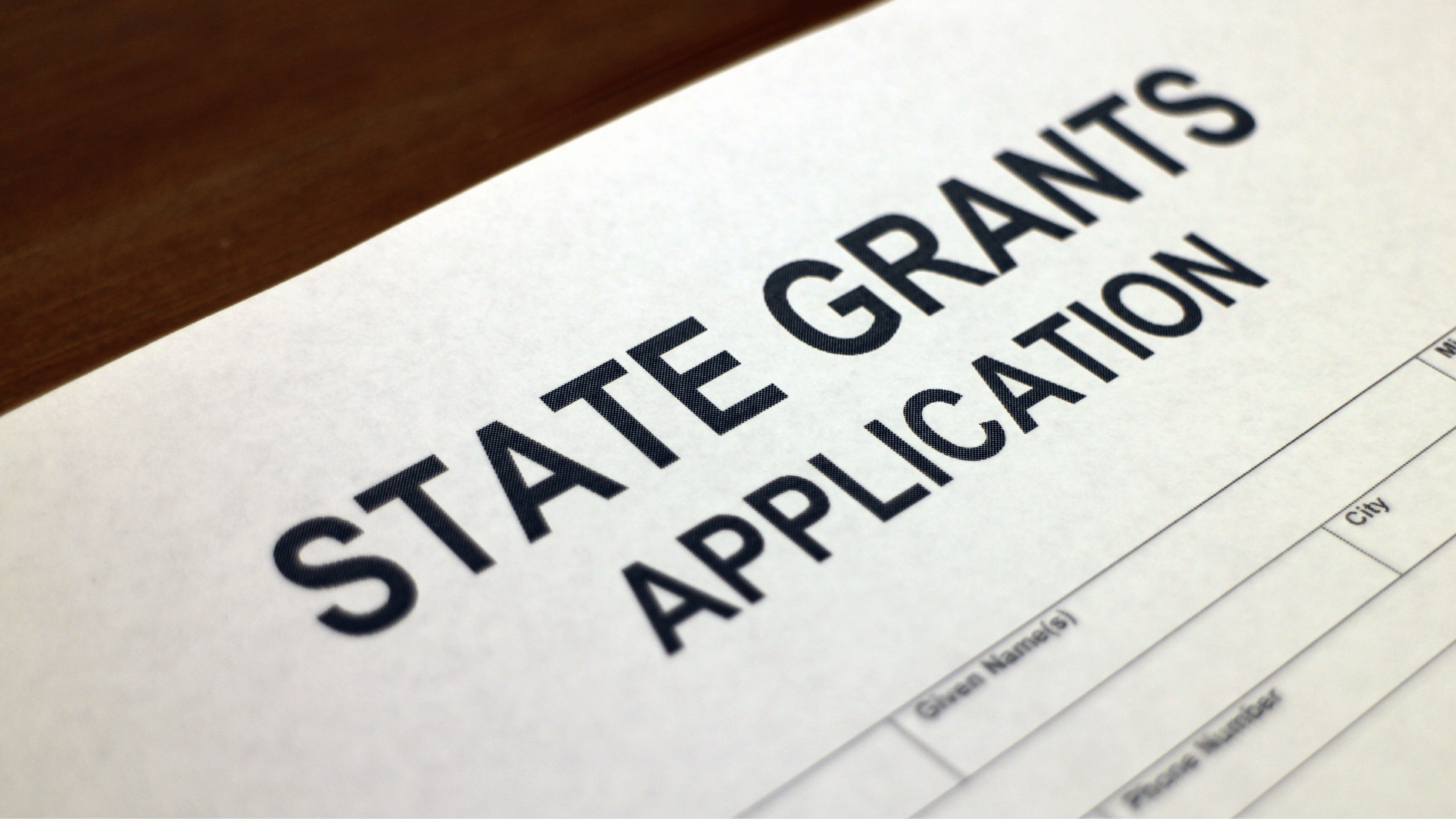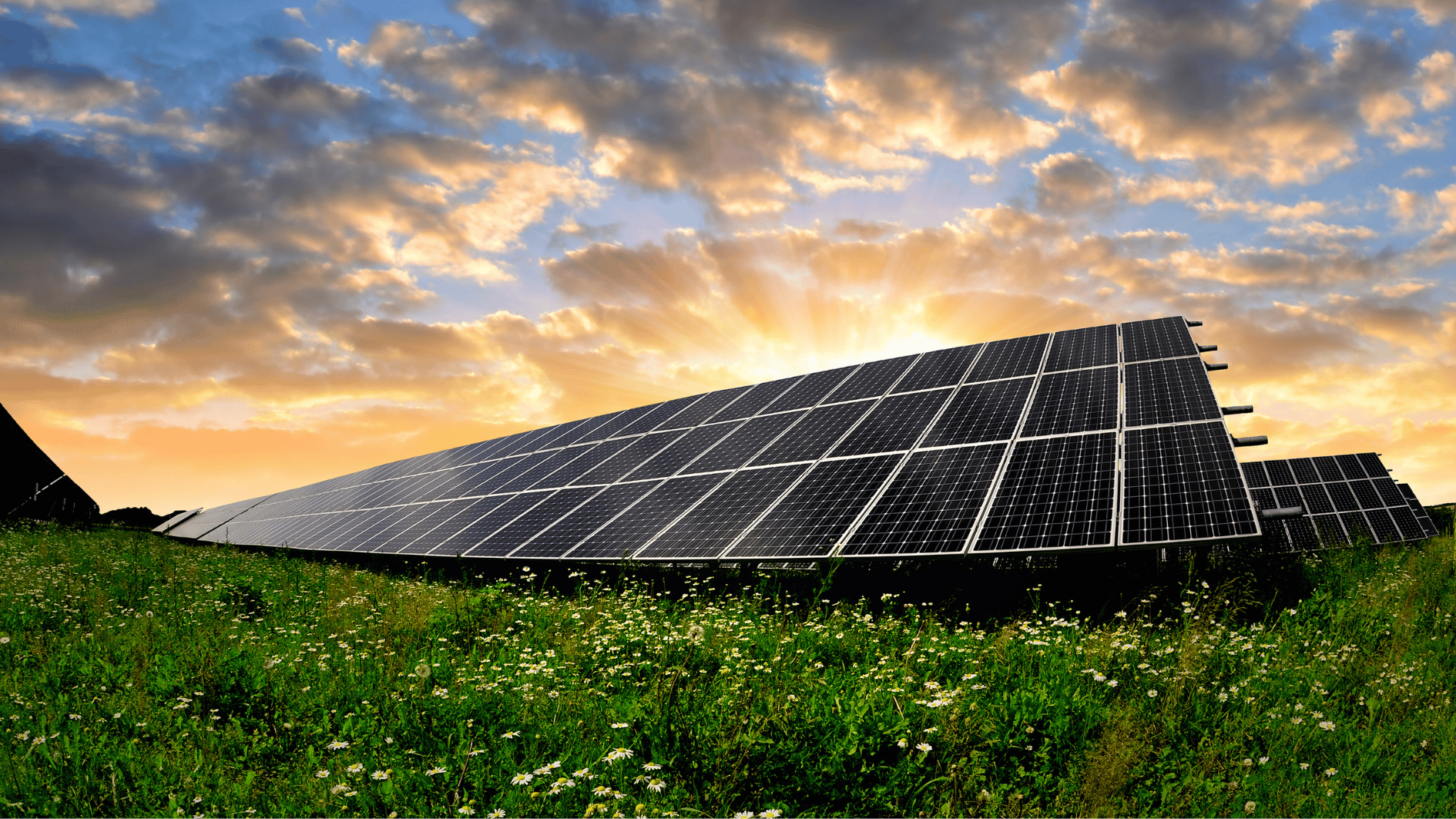Image: Canva.com
After languishing since 2022, a revamped measure to launch a shared solar program in southwest Virginia has finally made progress. The General Assembly approved two measures (SB 255 and HB 108) directing utility regulators to establish Appalachian Power’s first 50-megawatt shared solar program by January 1.
Despite its modest size, Charlie Coggeshall, Mid-Atlantic regional director of the Coalition for Community Solar Access, is optimistic about this breakthrough in a region traditionally reliant on coal. “We got to a place where we’re putting a stake in the ground in Southwest Virginia,” he said.
Appalachian Power customers will have to wait until July 1, 2025, for tariff information and other requirements. Meanwhile, separate legislation (SB 253 and HB 106) expands Dominion Energy’s existing shared solar initiative from 200 MW to 350 MW.
Shared solar, or community solar, allows Virginians to buy solar power via subscriptions to communal arrays, typically built and owned by third-party entities. This is ideal for those who can’t afford rooftop panels, have shaded roofs, or live in apartments.
Subscribers earn credits on their electric bills while helping to fund the array’s construction. Programs for both utilities may eventually include incentives for projects on underused surfaces like rooftops, landfills, and brownfields, or those that combine solar with agricultural ventures.
The Virginia Department of Energy will form a stakeholder group to develop these incentives.
Peter Anderson, director of state energy policy at Appalachian Voices, expressed excitement but also caution. “I’m over the moon that we are establishing shared solar in Appalachian Power territory,” he said, noting the need for demonstration projects to ensure the program’s success.
One contentious issue remains the “minimum bill”—a monthly fee charged to enrollees for using the utility’s grid. For Dominion’s program, this fee was set at $55 in 2022 but exempted lower-income participants. Appalachian Power’s program will also include a minimum bill but without exemptions, raising concerns about its impact on solar project developers and subscribers.
Advocates like Coggeshall are hopeful that recent legislation will prompt regulators to reconsider and potentially lower the minimum bill by accounting for the benefits of shared solar to the grid and state.
Robin Dutta, acting executive director of the Chesapeake Solar and Storage Association, emphasized the bipartisan support for shared solar, which was included in Governor Glenn Youngkin’s 2022 Energy Plan. “It’s a great example of how clean energy should be bipartisan,” he said.
Fairfax County Senator Scott Surovell has been a consistent advocate for shared solar, sponsoring legislation since 2020 to expand its reach. His efforts have gradually increased the program’s capacity and ensured broader access to renewable energy.
Though Virginia’s shared solar program remains small, federal support may help it grow. The Virginia Energy Department received a $156 million Solar for All grant from the EPA, part of the national Greenhouse Gas Reduction Fund, to design and expand residential solar programs for marginalized communities starting in 2025.
For now, shared solar in Virginia is making incremental progress, with advocates like Coggeshall acknowledging the state’s unique pace. “Virginia is not New York,” he concluded. “It has been a roller coaster trying to strike a balance to meet Virginia where it is at instead of where we want it to be.”
Source: Energy News Network





